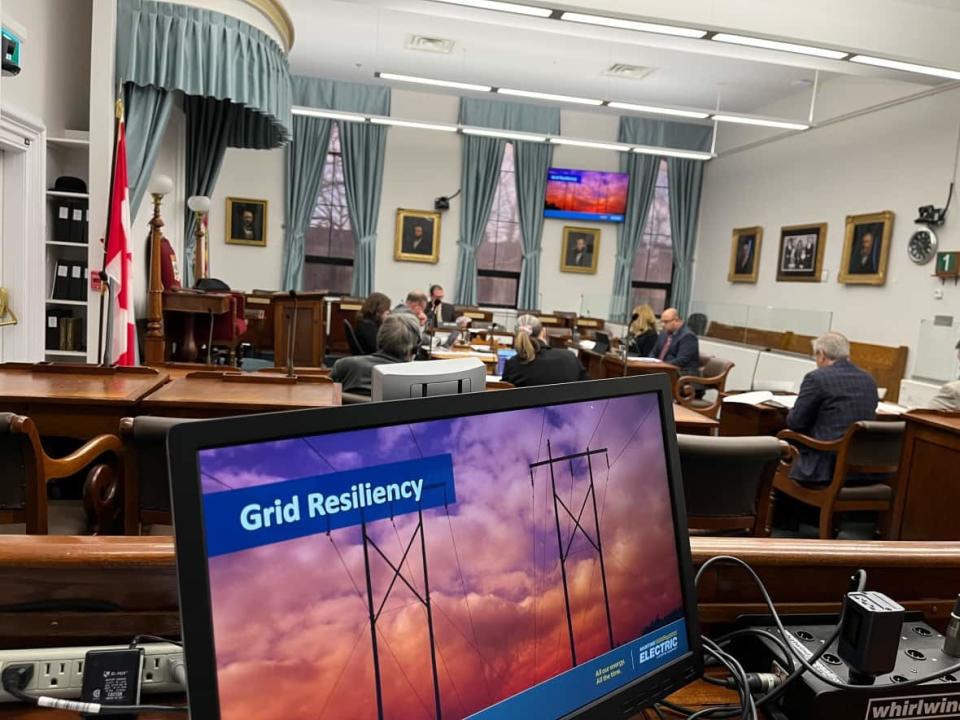Table of Contents
Maritime Electrical’s Plan to Create a Greener, Extra Resilient Grid
Maritime Electrical, the primary provider of electricity to the Maritime provinces of Canada, has announced its plan to create a more sustainable and resilient grid. The plan, which includes the integration of renewable energy sources such as wind and solar, has been lauded for its potential to reduce the region’s reliance on fossil fuels and increase energy security.
MLAs Say It’s Too Little, Too Late
However, some Members of the Legislative Assembly (MLAs) have criticized the plan, arguing that it is too little, too late. They claim that Maritime Electrical should have acted sooner to address the urgent climate crisis and reduce carbon emissions.
Maritime Electrical’s plan includes several key initiatives aimed at reducing greenhouse gas emissions and increasing the use of renewable energy sources. The company plans to build new wind farms and solar installations, upgrade existing infrastructure, and invest in energy storage technologies such as batteries.
The goal is to create a grid that is more resilient and able to withstand disruptions caused by extreme weather events, such as hurricanes and ice storms. By relying on a mix of renewable energy sources and energy storage technologies, Maritime Electrical hopes to provide a more stable and reliable supply of electricity to its customers.
Despite the company’s efforts, some MLAs are skeptical about the plan’s potential impact. They argue that the company has been slow to embrace renewable energy and that the proposed initiatives are not enough to address the urgent climate crisis.
MLA Emily-Jean Gallant, for example, has criticized Maritime Electrical for failing to take action sooner. “We’ve known about the urgent need to transition to renewable energy for years,” she said. “It’s disappointing that it’s taken this long for Maritime Electrical to take concrete steps towards a more sustainable grid.”
Other MLAs have called for more ambitious targets and greater investment in renewable energy. They argue that the company should be doing more to reduce its reliance on fossil fuels and to help the region transition to a low-carbon economy.
Despite the criticism, Maritime Electrical remains committed to its plan to create a greener, more resilient grid. The company acknowledges that there is still much work to be done, but it is confident that its initiatives will have a positive impact on the region’s energy future.
In conclusion, Maritime Electrical’s plan to create a more sustainable and resilient grid is a step in the right direction. However, as MLAs have pointed out, it may be too little, too late. If the region is to address the urgent climate crisis and transition to a low-carbon economy, more ambitious targets and greater investment in renewable energy will be required.



.jpg)


